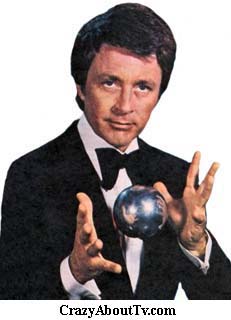
Paradigm shifts inevitably involve a changing of the guard. Sometimes the old guard bows out quietly. Sometimes they manage to make the leap. Other times, however, they fight to the last drop. We are in the midst of such a shift as we transition to the next generation of the web.
The war was officially declared when
Google partnered with
Sun. The battles are at hand as we speak.
AOL is on sale. Microsoft is moving to the web with Live. One of the most heavily watched battles of course is
GOOG v. MSFT. This fight will inevitably result in a flurry of innovation from not only these companies, but also from smart new-comers that manage to sneak in amidst the chaos that is about to ensue. Look out because the next Amazon, Ebay, and Google are probably hiding somewhere and waiting to pop up.
While these larger battles are stirring, another battle is brewing. It is not as high-profile. The public at large may never hear of it. But, this battle is particularly near and dear to those techies that have grown up with the web--
Slashdot vs. Digg. If you refer to the chart above, supplied by Alexa courtesy of Wired, Digg (blue line) is catching up, fast. For those of you who are not familiar with Slashdot, shame on you. But, being the nice guy I am, I will tell you what is in a nutshell.
Slashdot is "news for nerds." Nerds submit news sites to a moderator who, in turn, posts the best of the stories for folks to read and comment upon. This is undoubtedly on the list of news sites read by anyone who considers themselves to be a technologist.Well Slashdot is to Web 1.0 as Digg is to Web 2.0. Like all Web 2.0 services,
Digg is driven by the masses. There is no moderator. In their own words, "Digg is a technology news website that employs non-hierarchical editorial control. With digg, users submit stories for review, but rather than allowing an editor to decide which stories go on the homepage, the users do."
Will loyal Slashdot users defect en masse to this new site? Will brand loyalty prevail? Only time will tell I suppose. Regardless, it will be interesting to see who comes out on top. The fate of all geekdom is at stake.









